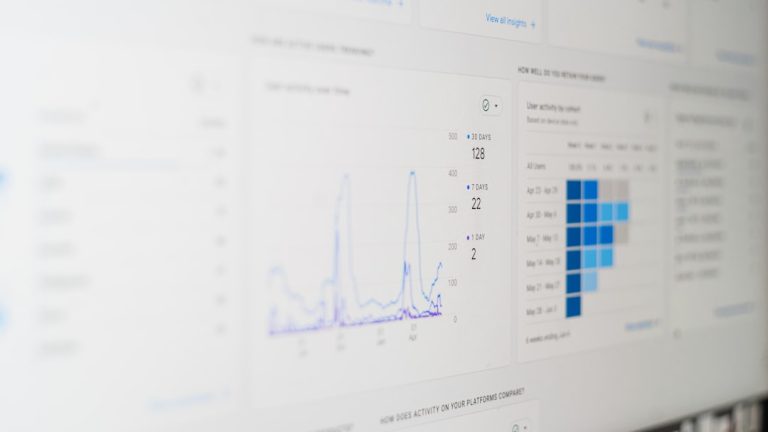Financial Literacy Tests: A Key to Understanding Your Financial Health
Financial literacy is a crucial skill that everyone should possess in order to manage their personal finances effectively. One way to gauge your financial knowledge and understanding is by taking a financial literacy test. These tests are designed to assess your understanding of various financial concepts and principles, and can provide valuable insights into areas where you may need to improve.
What is a Financial Literacy Test?
A financial literacy test is a series of questions that cover topics such as budgeting, saving, investing, credit management, and more. These tests are often multiple-choice and can be taken online or in-person. The goal of a financial literacy test is to evaluate your knowledge and understanding of key financial concepts that are essential for making informed decisions about your money.
Why Take a Financial Literacy Test?
There are several reasons why taking a financial literacy test can be beneficial:
- Self-Assessment: A financial literacy test can help you assess your current level of financial knowledge and identify areas where you may need to improve.
- Educational Tool: By taking a financial literacy test, you can learn more about important financial concepts and principles that can help you make better decisions about your money.
- Goal Setting: The results of a financial literacy test can help you set specific financial goals and create a plan to achieve them.
- Improving Financial Health: By identifying areas where you may be lacking in knowledge, you can take steps to improve your financial literacy and overall financial health.
Where Can You Take a Financial Literacy Test?
There are many resources available for taking a financial literacy test. Some options include:
- Online Tests: There are numerous websites that offer free financial literacy tests that you can take online.
- Financial Institutions: Many banks and credit unions offer financial literacy tests as part of their educational resources for customers.
- Nonprofit Organizations: Organizations such as the National Endowment for Financial Education (NEFE) provide free online financial literacy tests.
- Schools and Workplaces: Some schools and employers offer financial literacy tests as part of their curriculum or employee training programs.
Tips for Taking a Financial Literacy Test
Here are some tips to help you prepare for and succeed in a financial literacy test:
- Study: Review key financial concepts such as budgeting, saving, investing, and credit management before taking the test.
- Take Your Time: Read each question carefully and make sure you understand what is being asked before selecting an answer.
- Don’t Guess: If you’re unsure of an answer, it’s better to skip the question than to guess and potentially get it wrong.
- Review Your Results: After completing the test, review your results to see which areas you performed well in and where you may need improvement.
The Benefits of Improving Your Financial Literacy
Improving your financial literacy can have numerous benefits, including:
- Better Money Management: Understanding key financial concepts can help you make better decisions about budgeting, saving, investing, and more.
- Increased Confidence: Having a solid understanding of personal finance can boost your confidence in managing your money effectively.
- Financial Stability: By improving your financial literacy, you can work towards achieving greater financial stability and security for the future.
In conclusion, taking a financial literacy test is an excellent way to assess your current level of financial knowledge, identify areas for improvement, and work towards achieving your financial goals. By investing time in improving your financial literacy, you can take control of your finances and build a solid foundation for a secure financial future.






